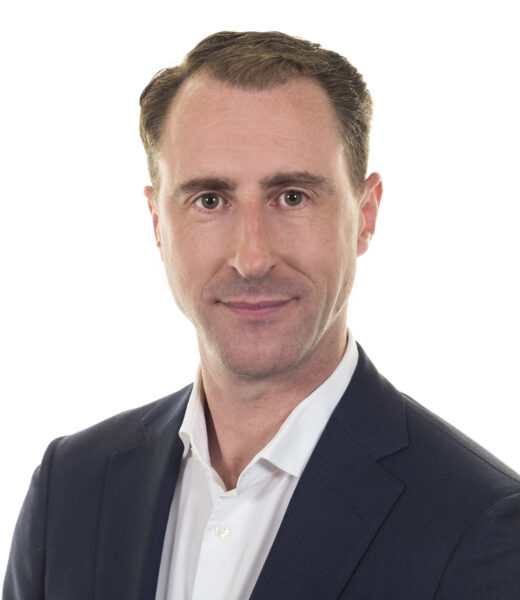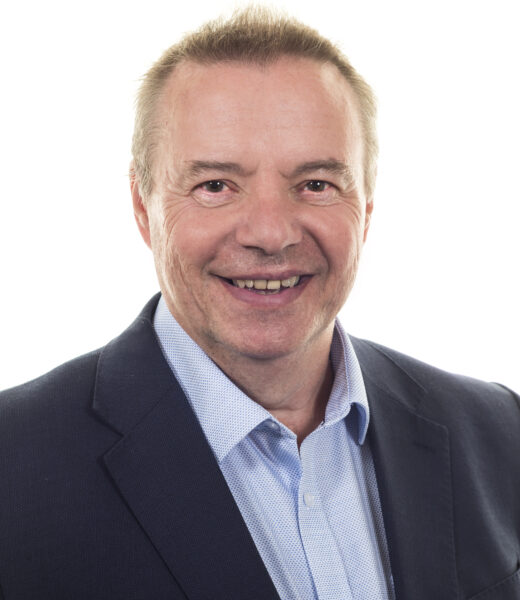In our July 2019 meeting we discussed the positive effect set-backs and mistakes can have in achieving success in business.
Often behind every great business success there’s often a tough learning curve and even failure in some form along the way. We looked initially at some high-profile examples.
Apple
Steve Jobs was famously forced out of Apple–the company he founded–in 1985. After Jobs’ departure, the company entered a downward spiral, going from the leader of the personal computer revolution in the 1970s to an also-ran by the 1990s.
Then in 1997, with Apple just months away from bankruptcy, Jobs returned to the company and by 2011 not only turned Apple into the biggest company on the planet, but fundamentally changed the computing, music, and smartphone industries by giving us the iMac, iPod, and iPhone.
Jobs obviously didn’t let his failure get the best of him and in 2005, he said, “I didn’t see it then, but it turned out that getting fired from Apple was the best thing that could have ever happened to me.”
Rovio
Rovio is one of the biggest gaming success stories of all-time. Its Angry Birds franchise has been a staple of mobile gaming since its release in December 2009 – and by 2012 the franchise hit over one billion downloads. Angry Birds also made the successful transition from video games to merchandising, television shows, and even full-length feature films.
But when Rovio [then called Relude] was established in 2003, it was just a normal, very small startup, making mobile games. The first six years were difficult and, despite bringing more than 50 different games to market, none of them were particularly successful. In fact by 2009, the company was close to bankruptcy but Angry Birds, their 52nd game, launched in December 2009 and was a huge success. By 2017 the company boasted almost 400 employees and had almost $300 million in revenue.
Dyson
While developing his vacuum, Sir James Dyson went through 5,126 failed prototypes and his savings over 15 years. But the 5,127th prototype worked, and the Dyson brand became an international best-selling bagless vacuum brand. This year the Sunday Times’ Rich List valued Sir James at £12.6bn.
Stories of resilience and rejuvenation
Within the group we then discussed people’s examples of mistakes, set-backs or failures which had in turn led to a business success. Common set-back examples shared included:
- Expanding the business too quickly
- Not anticipating a sudden change in market conditions
- Being too busy with current customer work and not adequately building up the prospect pipeline for quieter times around the corner
- Over-reliance on one client putting the business at risk when that client scaled back or went elsewhere
- Team members underperforming so business performance dropped
- Over-use of self-employed personnel in the business structure. When they left, turnover dropped.
In most of these cases the business owners took quick responsive action, changing current approaches, processes and in some cases the business structure to reduce the impact of the set-back. Coming through the challenge, many of those businesses emerged more successful and resilient in the years which followed. This example sums up well many of the inspirational stories which were shared…
“A large new contract had been won in a manufacturing environment which went spectacularly wrong at the outset due to one piece of the very complex hardware and software solution having not been properly pressure tested pre the go live date.
The impact on the customer and their customers was huge. The issue, however, was rectified in such a way that not only did the customer stay, they added additional business.
On top of this, part of the resolution to the original problem was a detailed and robust process for all future onboarding and a very specific focus on items of hardware and software that the company hadn't had previous first-hand experience of. This process became so good that it was added to the portfolio of the project management team whose services were then sold externally adding to the services they could sell. In short, the outcome was a very happy original customer and additional sales of project management services for the supplier.”
Turning a set-back into a success
The session discussion revealed just how resilient and inspirational businesspeople can be when faced with adversity. Key learning points shared amongst the group included these words of advice to entrepreneurs:
- Be quick to focus on the problem – stand back and be objective in order to find a remedy.
- Stick to what you know and what you’re good at.
- If you diversify, make sure you have proper support.
- Learn to take advice… and early.
- Learn from your mistakes.
- Don’t give up. A solution will emerge.
This led us then to look closer at the essential attitudes a business owner needs to transcend a setback or failure into a business success.
Essential attitudes and mind-set
Example attitudes from entrepreneurs who’ve shared their failure to success stories on the web were discussed. The following proved to be the most popular amongst the group, as people voted for their favourites.
- View failure as a necessary part of growth or to create something new.
- Surround yourself with those who inspire you, those who give you real direct feedback and those who give emotional support.
- Don’t take it personally.
- Don’t be held back by fear.
- Learn from the failure and see failure as feedback.
- Be brutally honest with yourself and take responsibility for your actions and choices.
- See the opportunities in the chaos. Stay calm in a storm and don’t miss them.
Summary
Set-backs and mistakes are commonplace and to be expected in business life. But if responded to promptly and handled well, they can lead to a far more resilient and successful organisation going forward. At Shipleys LLP, we have helped many business owners over the years rebound successfully from a set-back or challenge. Drawing on this experience, here are some final tips from our team.
- Check you’ve got the right team in place to get through this challenge and deal with it quickly and effectively. Be prepared to make decisions and implement actions fast.
- Get access to the right information you need to make decisions at the time you need it.
- Question by whose measures are you judging success/failure.
- Don’t be afraid to ask for help or get an objective viewpoint.
If you need insight or help turning around a business set-back, our team of business advisers will be happy to help. Contact Steve Foster at the Godalming office on tel. 01483 423607 or email fosters@shipleys.com














